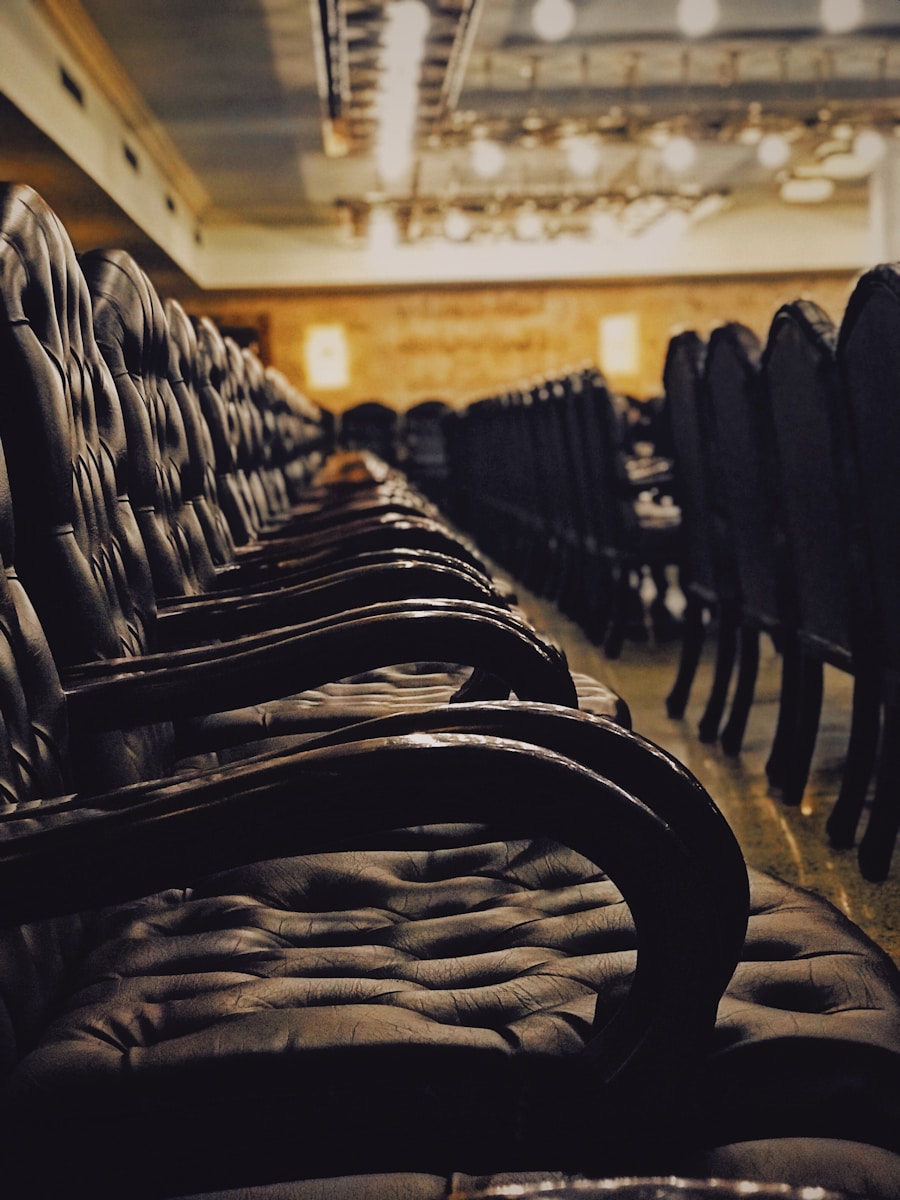Key Takeaways
• Jury trials now decide under 1% of civil cases and very few criminal cases.
• Plea bargains and private arbitration often replace jury trials, cutting public oversight.
• Public jury trials let citizens see evidence, debate issues, and check government power.
• Reviving jury trials could boost trust in courts and strengthen democracy.
The right to trial by jury stands at the heart of America’s legal system. Yet today, juries decide only a tiny fraction of cases. In 1962, juries handled about 6% of federal civil cases. Now they decide less than 1%. Criminal jury trials also dropped sharply, with most cases ending in plea bargains. As a result, private deals and arbitration often replace jury trials.
Why Jury Trials Matter to Democracy
Early Americans saw jury trials as more than a legal step. Alexis de Tocqueville noted that juries placed power “in the hands of the governed.” The Founders echoed that idea. They wrote the right to jury trials into the Constitution. State charters did the same. They believed jury trials let ordinary citizens share the power of government.
Jury trials also make court cases public. Jurors listen to lawyers, weigh evidence, and debate in open court. Their verdicts reflect community values. In contrast, secret deals and private arbitration hide key facts from the public. Moreover, jury service connects citizens to their courts. Many jurors report feeling more positive about the justice system after serving.
What Replaced Jury Trials?
In criminal cases, plea bargaining now resolves more than 90% of cases. Prosecutors offer shorter sentences if defendants plead guilty. If defendants demand a jury trial, they face a much harsher “trial penalty.” This setup pushes even innocent people to accept deals.
In civil disputes, mandatory arbitration clauses in contracts steer cases away from courts. Employers and companies include arbitration rules to limit damage awards. As a result, consumers and workers lose the chance to have peers on a jury decide their fate.
How Courts Steer Cases Away from Jury Trials
Since the 1980s, judges have gained more power over case management. Civil procedure rules now waive jury trials by default. People must actively request a jury. Meanwhile, judges can dismiss cases early using their own “experience and common sense.” These shifts favor private settlements over public trials.
Additionally, expanded discovery rules and early motions put pressure on parties to settle. They fear high legal costs and the risk of a judge ending their case. As a result, fewer cases ever reach a jury trial.
Consequences of Fewer Jury Trials
First, reducing jury trials cuts transparency. Plea bargains and sealed arbitration hide evidence and arguments. Without public scrutiny, prosecutors and corporations face less accountability.
Second, fewer jury trials weaken public trust. When people cannot see justice in action, they may doubt the system’s fairness. That skepticism can spill into other areas of civic life.
Third, limiting jury trials sidelines citizen voices in legal decisions. Jury service teaches people about democratic participation. Studies show jury duty can boost voter turnout and civic engagement. Removing that chance may harm broader community involvement.
Bringing Jury Trials Back
Restoring jury trials would revive public checks on power. Courts could change rules to require a jury unless parties agree otherwise. Legislatures might limit mandatory arbitration in consumer and worker contracts.
In criminal law, reducing the trial penalty could encourage more defendants to exercise their right. That change would improve transparency and fairness.
Finally, public education campaigns could highlight jury service benefits. When communities value jury trials again, more people will step forward. In turn, that involvement can rebuild trust in courts and democracy.
Frequently Asked Questions
What is a jury trial?
A jury trial is a legal process where a group of citizens hears evidence and decides guilt, liability, or damages. Jury trials aim to reflect community values in court verdicts.
Why have jury trials declined so much?
Jury trials have fallen due to plea bargains in criminal cases and mandatory arbitration in civil cases. Procedural rules also push parties toward private settlements.
What effect do plea bargains have on jury trials?
Plea bargains resolve over 90% of criminal cases. They offer reduced sentences for guilty pleas but impose a heavy penalty on those who choose a jury trial.
How can we restore jury trials?
Courts can require affirmative requests for jury waivers. Lawmakers can limit mandatory arbitration. Public outreach can highlight how jury service benefits democracy.
